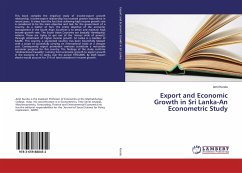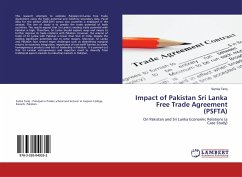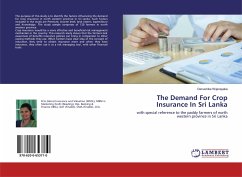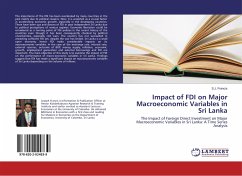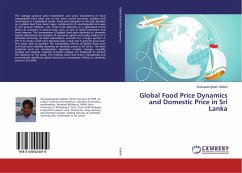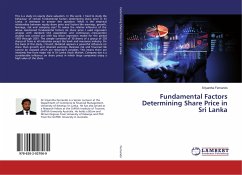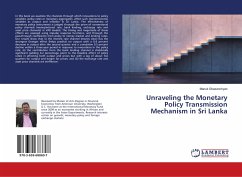This book compiles the empirical study of income-export growth relationship. Income-export relationship has received greater importance in recent years. It arises from the fact that achieving high income growth rate is considered to be the main objective and task for the government of a country. As a matter of fact, the prime objective of the economic management in the South Asian Countries is to attain and maintain high income growth rate. The South Asian Countries are basically 'developing' nations. These are trying to get out of the 'vicious circle of poverty' through attainment of higher income growth. Sri Lanka is a member of SAARC. This country, a sea-locked country, has been bountifully blessed with a scope of successfully carrying on international trade at a cheaper cost. Consequently export promotion exercises constitute a noticeable economic program for this country. The findings of the study confirms 'Unidirectional Causality' running from economic growth to export growth in the economy of Sri Lanka over the period 1970-2005. By 2025 export shocks would account for 21% of total variations in income growth.

